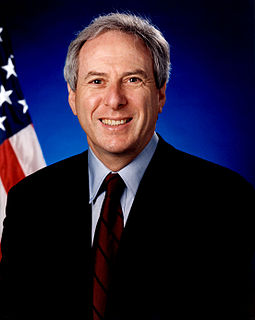A Quote by Kurt Vonnegut
Scientific truth was going to make us so happy and comfortable. What actually happened when I was twenty-one was that we dropped scientific truth on Hiroshima.
Related Quotes
I thought scientists were going to find out exactly how everything worked, and then make it work better. I fully expected that by the time I was twenty-one, some scientist, maybe my brother, would have taken a color photograph of God Almighty—and sold it to Popular Mechanics magazine. Scientific truth was going to make us so happy and comfortable. What actually happened when I was twenty-one was that we dropped scientific truth on Hiroshima.
Although I know of no reference to Christ ever commenting on scientific work, I do know that He said, "Ye shall know the truth, and the truth shall make you free." Thus I am certain that, were He among us today, Christ would encourage scientific research as modern man's most noble striving to comprehend and admire His Father's handiwork. The universe as revealed through scientific inquiry is the living witness that God has indeed been at work.
If we ought not to fear mortal truth, still less should we dread scientific truth. In the first place it can not conflict with ethics? But if science is feared, it is above all because it can give no happiness? Man, then, can not be happy through science but today he can much less be happy without it.
Scientific truth is not what any one scientist puts forth. It can be that, but it is generally not. It is the sum of multiple studies that all lean in the same direction in their results conducted by different people at different times of different nationalities with different competitive urges who all end up getting the same result. Then you have an emerging scientific truth, and then you put that in the textbooks, and that will never be shown to be wrong later on.
Unfortunately, there is something of a flaw in this idealized picture of the way the scientific community discovers truth. And the flaw is that most scientific work never gets noticed. Study after study has shown that most scientific papers are read by almost no one, while a small number of papers are read by many people.
Truth indeed is sacred; but, as Pilate said, "What is truth?" Show us the undoubted infallible criterion of absolute truth, and we will hold it as a sacred inviolable thing. But in the absence of that infallible criterion, we have all an equal right to grope about in our search of it, and no body and no school nor clique must be allowed to set up a standard of orthodoxy which shall bar the freedom of scientific inquiry.





































